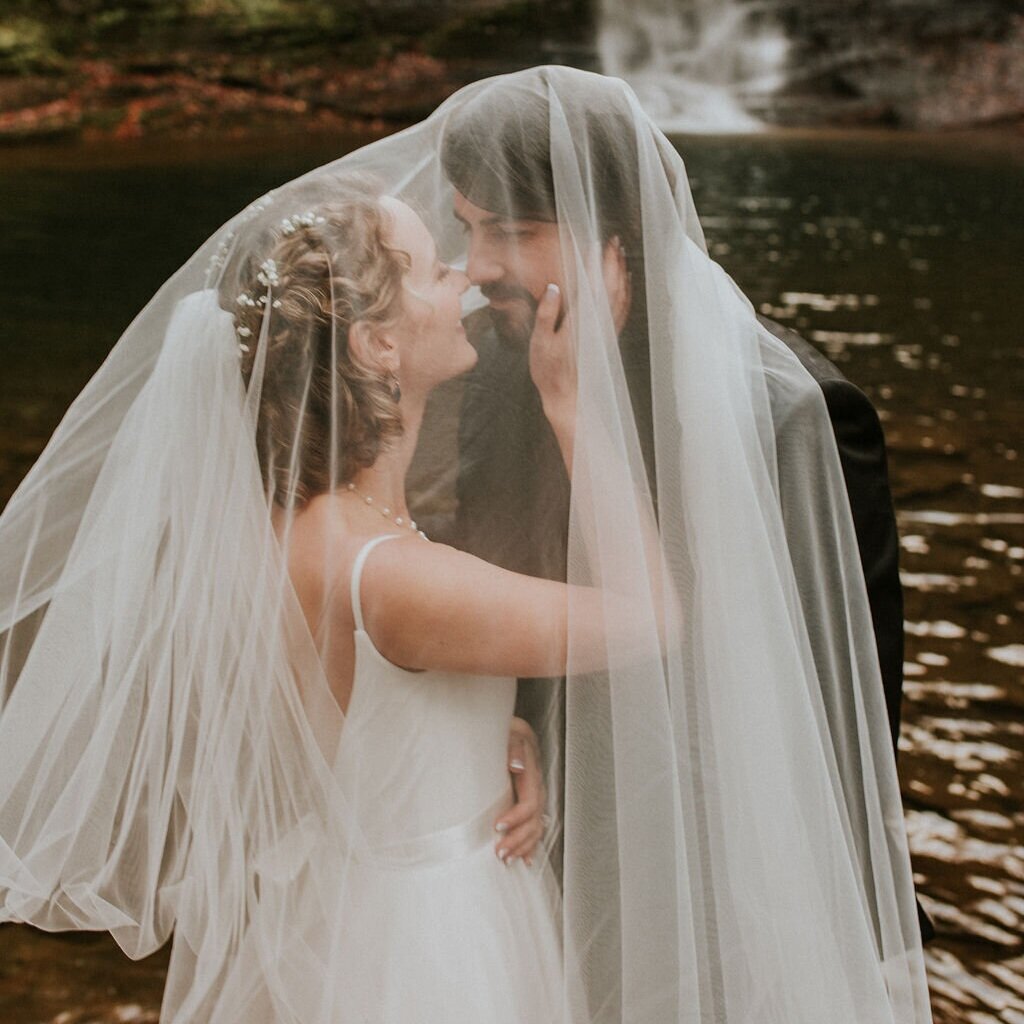What’s the Difference Between a Wedding Planner and a Wedding Coordinator?
Ok, so you didn’t hire a wedding planner because you were so excited to plan everything yourself. I get it. It’s fun tasting different cakes. Touring different venues and envisioning your big day at each place is exciting! Planning decor can be a good excuse to get together with your family and friends. I know a lot of brides who have fun trying out different Pinterest ideas on Friday nights with their gal pals.
So you’re done, right?
Not so much.
Executing a flawless event takes time, precision, and organization. You don’t want to have to worry about that the day of your wedding. I know your family and friends would do ANYTHING for you… but they should be able to enjoy the day too, right? You’re not spending thousands of dollars on your dream wedding for your inner circle to be stressed out.
Appointing responsibility to family and friends for wedding weekend often backfires. Residual tasks end up placed upon you—the bride. That should never happen.
Hiring a month-of-coordinator or a day-of coordinator is a great way to avoid that cluster of crazy.
But what exactly do they do? Here’s a quick guide to familiarize yourself with the responsibilities of coordinators:
1. Day of Coordinator
The title “Day-of-Coordinator” is a little misleading. You’re not only getting a coordinator for one day. Your coordinator will meet with you ahead of time to discuss the details of the event. They’ll listen to your pain points, what is stressing you out the most, and develop an action plan. They’ll help you create a realistic timeline for the day. It's shocking how often brides create timelines for themselves, only to realize too late that their perception of pacing is warped.
Warped timelines throw the entire day off. Did you know caterers usually need at least 2 hours to set up? Did you know dinner usually takes about an hour?
That’s ok! Most people don’t!
Your coordinator will also help you with floor plan creation. This is especially important for COVID-19 brides. Spacing is critical for event safety. But it doesn’t necessarily have to mean empty chairs and gaping holes. One of my favorite summer 2020 brides needed to reconfigure her whole layout to accommodate CDC regulations. We canceled her order for 6ft rectangular tables and replaced them with cocktail tables. Instead of raising the cocktail tables to their full height, we kept them short. And configured each table to seat only 2 people- the invitee and their date. The result was a romantic, chic bistro feel. It filled the space beautifully.
Your coordinator is on-site all day during your wedding. They assist with set-up and breakdown. They’re also coordinating the pacing of your ceremony and reception. They’re the behind-the-scenes genie that makes sure the DJ knows when to announce your grand entrance. They’re making sure everyone has a sparkler in hand when you leave. They’re making sure the caterers are on top of drink refills. They’re making sure the firepit is always crackling.
2. Month-of-Coordinator
Your month-of-coordinator supplies all that… and more. With a month-of-coordinator, you meet in person twice before your wedding. They’re also available to you 24/7 the month before your wedding. to answer any questions and discuss event details via phone and email (trust me… you’ll want this!)
Day-of-coordinating is less expensive. For this reason, planners are forced to put communication boundaries in place. A business owner's time is their most valuable resource. Month-of-coordination opens the floodgates for the best customer service experience possible. You are fully supported!
Your month-of-coordinator also finalizes payments, contracts, and timelines with all your vendors. There's no worrying if everyone is squared away. You can start pampering yourself 30 days before your wedding! You deserve that!
Your month of coordinator is also on-site during your rehearsal and rehearsal dinner. It’s a practice run.. So your coordinator will be timing your pacing like it will be during the big moment. They’ll also communicate with your rehearsal dinner vendors. This is an area that’s often overlooked. But most rehearsal dinners need to be set up, torn down, catered, with cups overflowing… just like the wedding. Most rehearsal dinners are actually like small, intimate weddings.
Your month-of-coordinator is your go-to for support, resources, and help before your wedding. You can even give your mom or maid of honor their number.
Month-of-coordination is the best package for brides who gets stressed about details. Or for the person who doesn’t want to deal with organization. It’s a go-to solution for making sure your event is executed flawlessly, with minimal effort on your part.
Did you skim and skip to the bottom? I know a lot of you did! Here’s the bullet-pointed version:
Day-of-Coordinating
One in-person meeting to discuss the details of the event.
Assist with timeline creation.
Assist with floor plan creation.
On-site throughout the entire event including; Set-up, ceremony coordination, reception coordination, and breakdown assistance.
Month-of-Coordinating
Two in-person planning meetings.
Answer any questions and discuss event details.
Unlimited email and phone communication one month before the event date.
Assist with floor plan creation.
Assist with timeline creation.
Finalize with all vendors.
Coordinate ceremony rehearsal the day before.
On-site throughout the entire event including; Set-up, ceremony coordination, reception coordination, and breakdown assistance.
Have more questions? Ready to book? Drop me a line!











